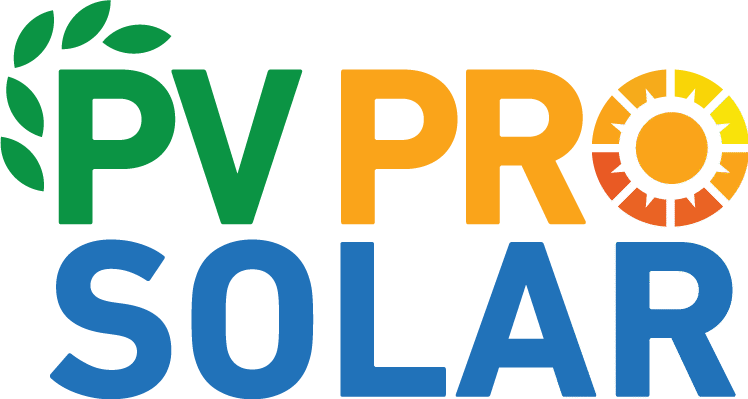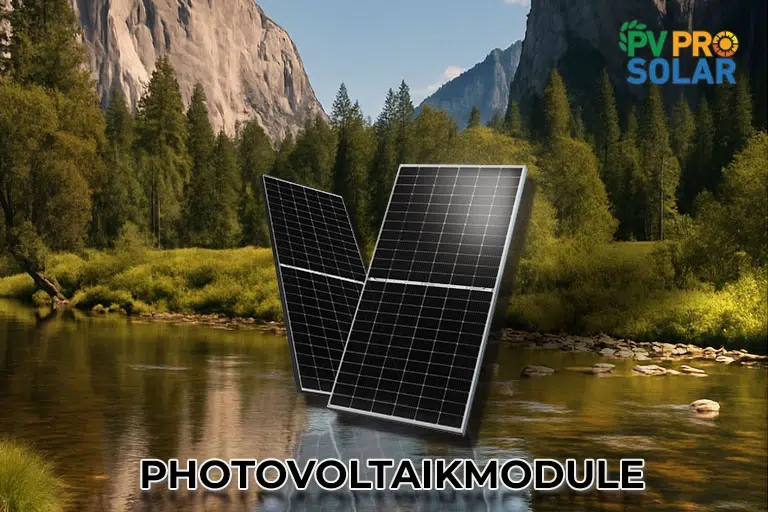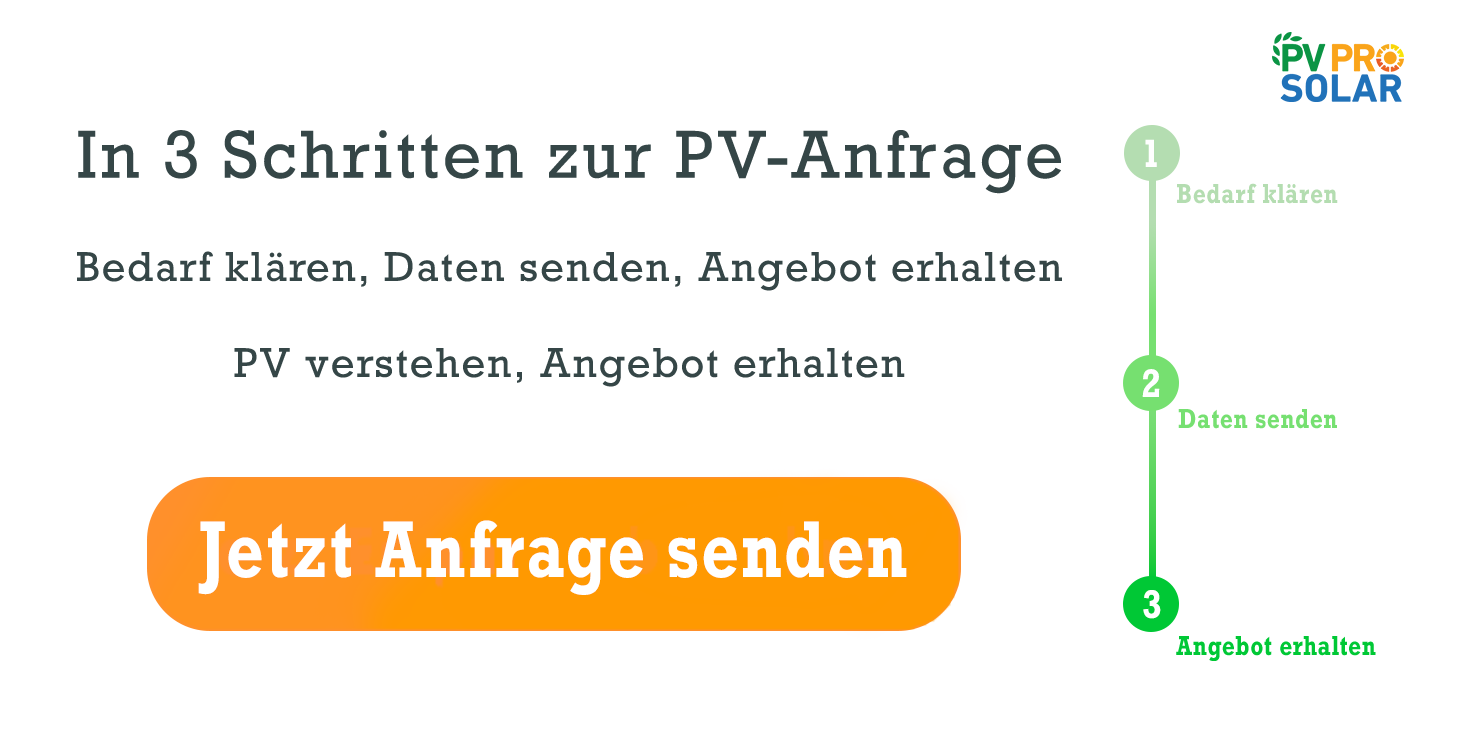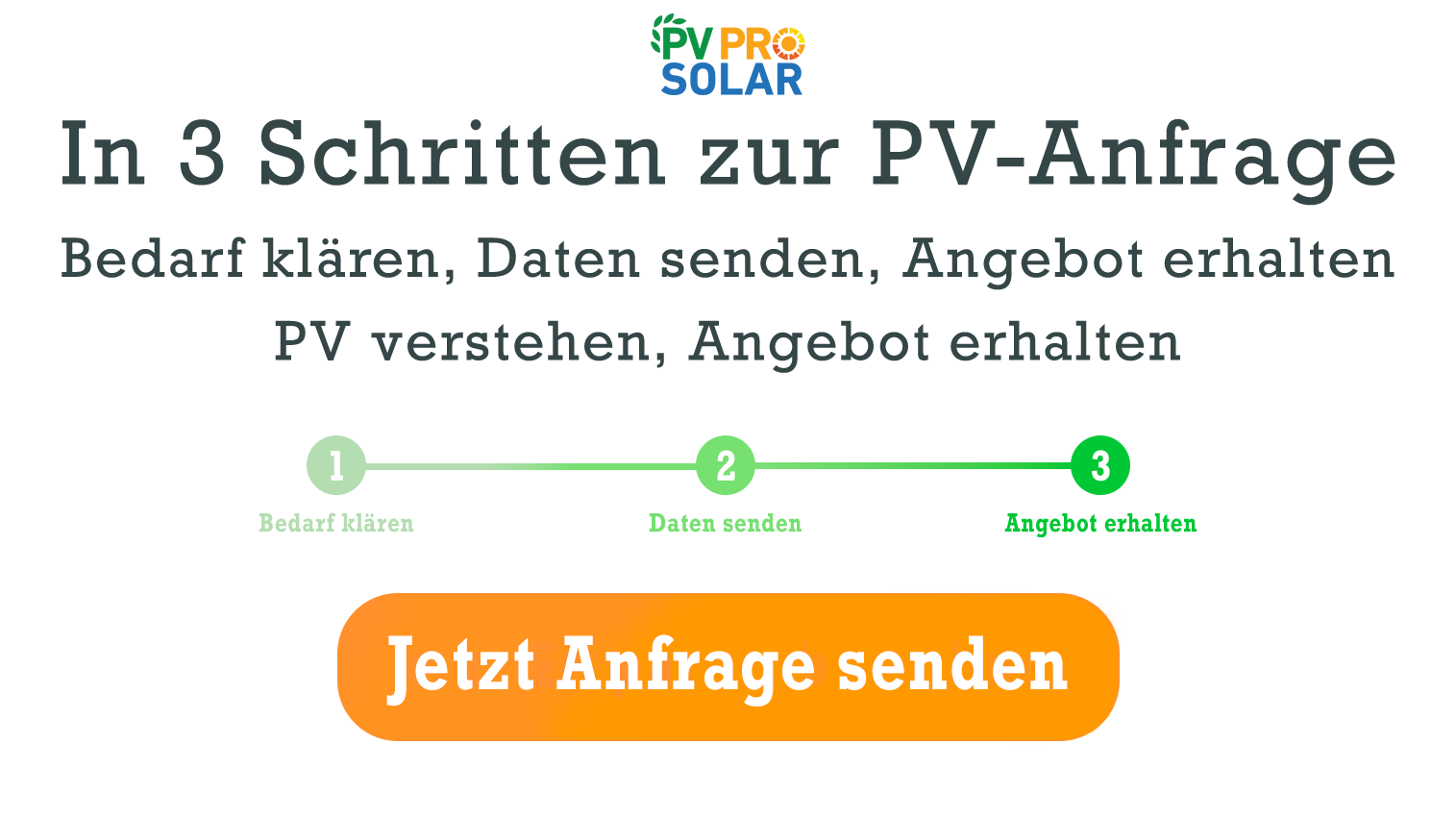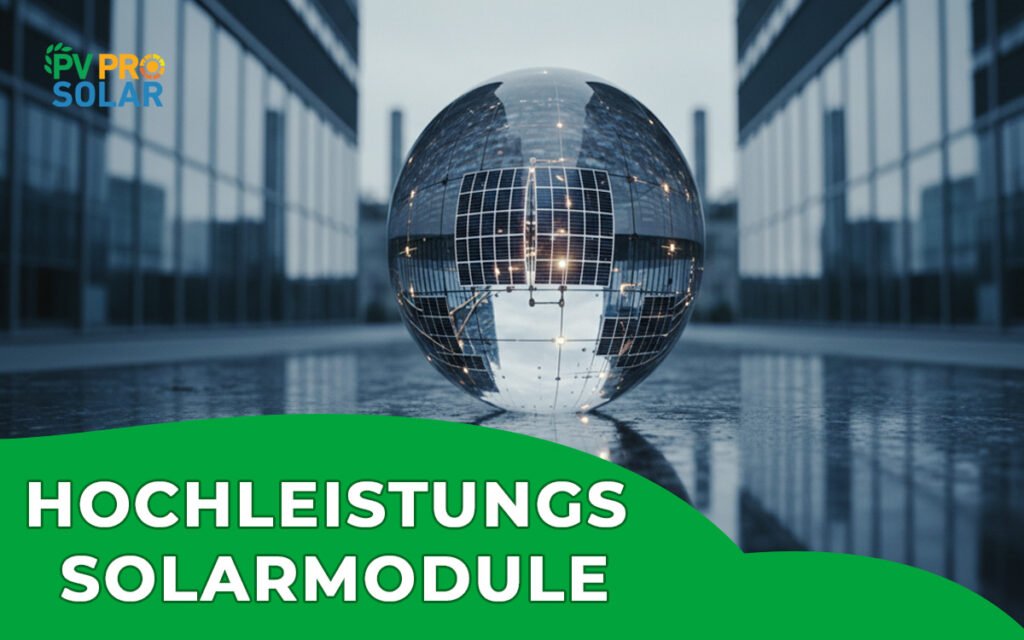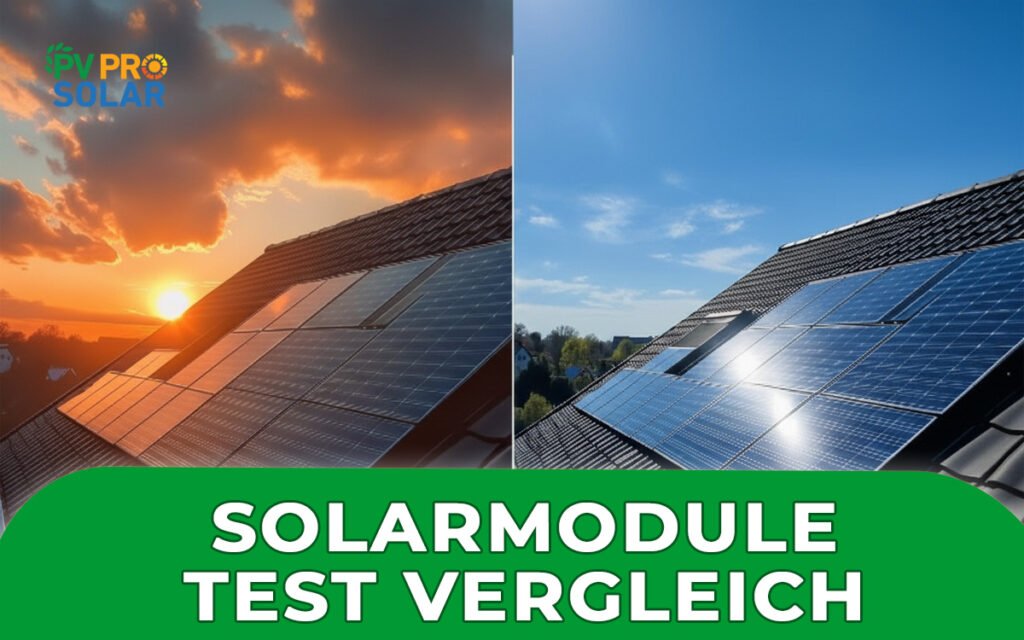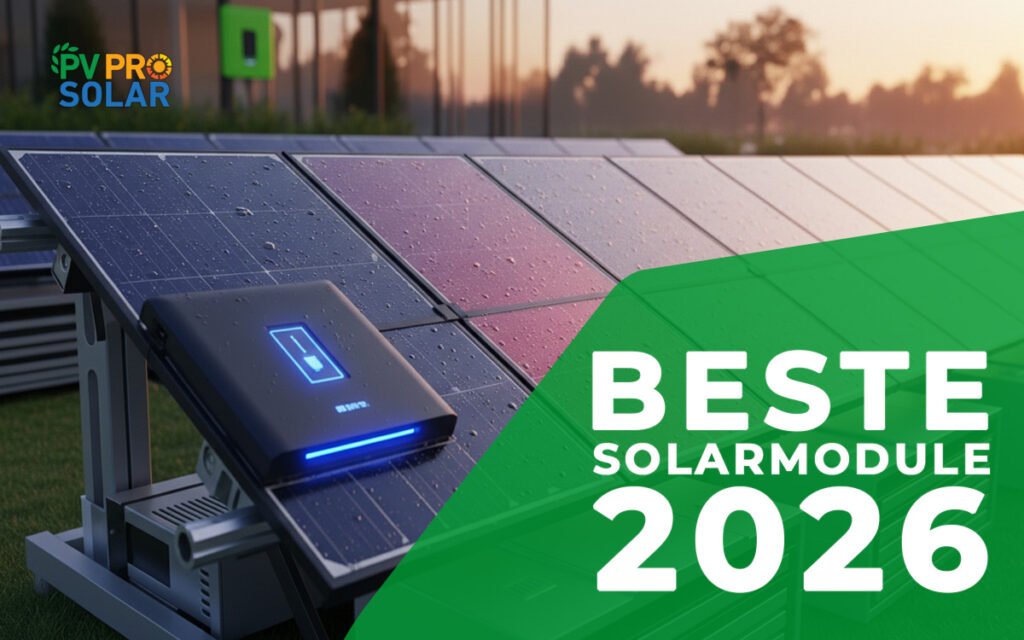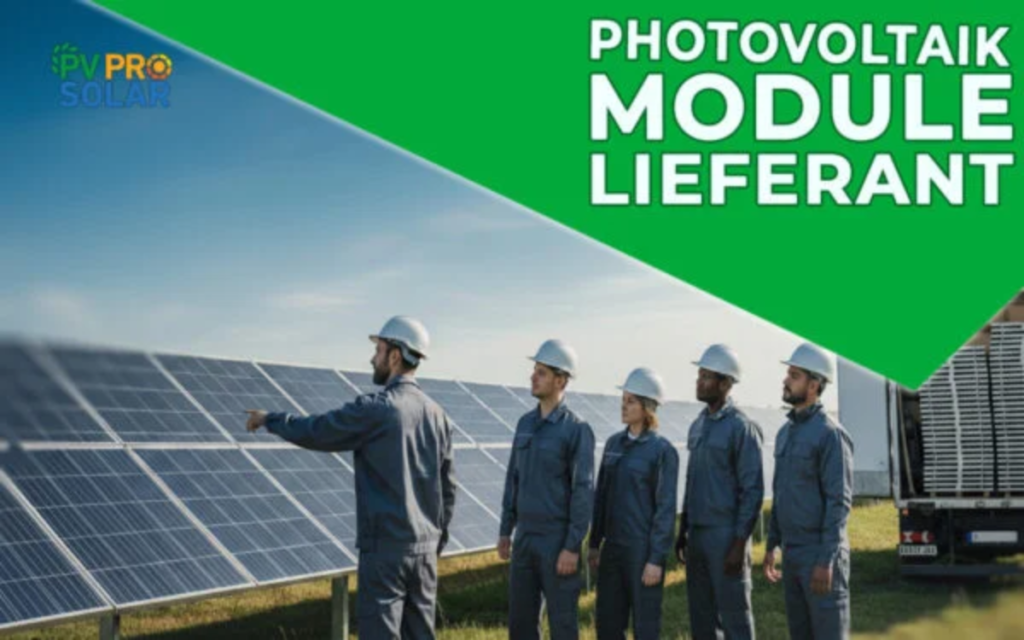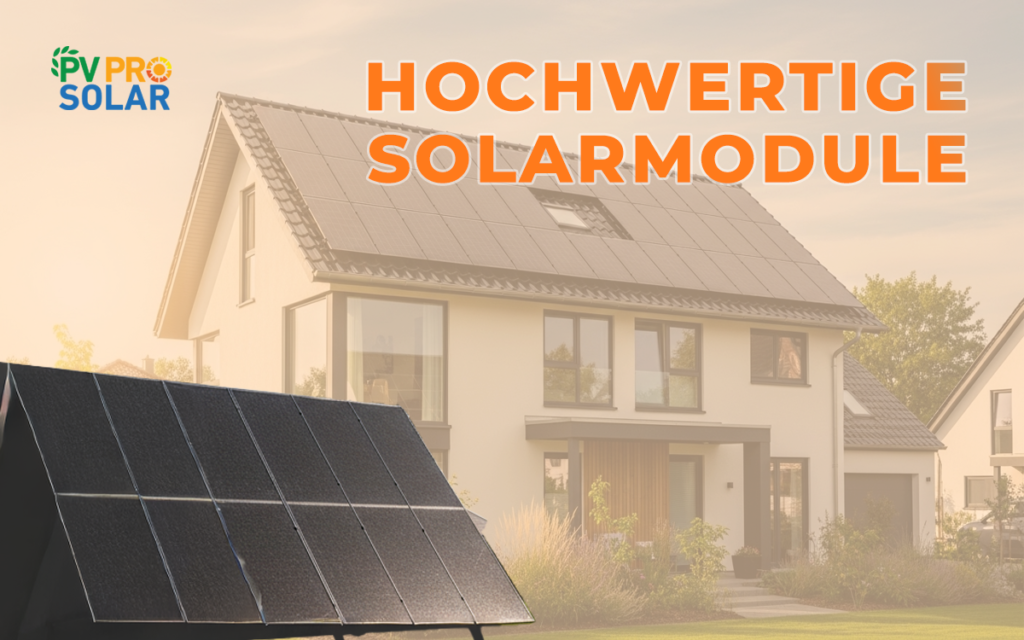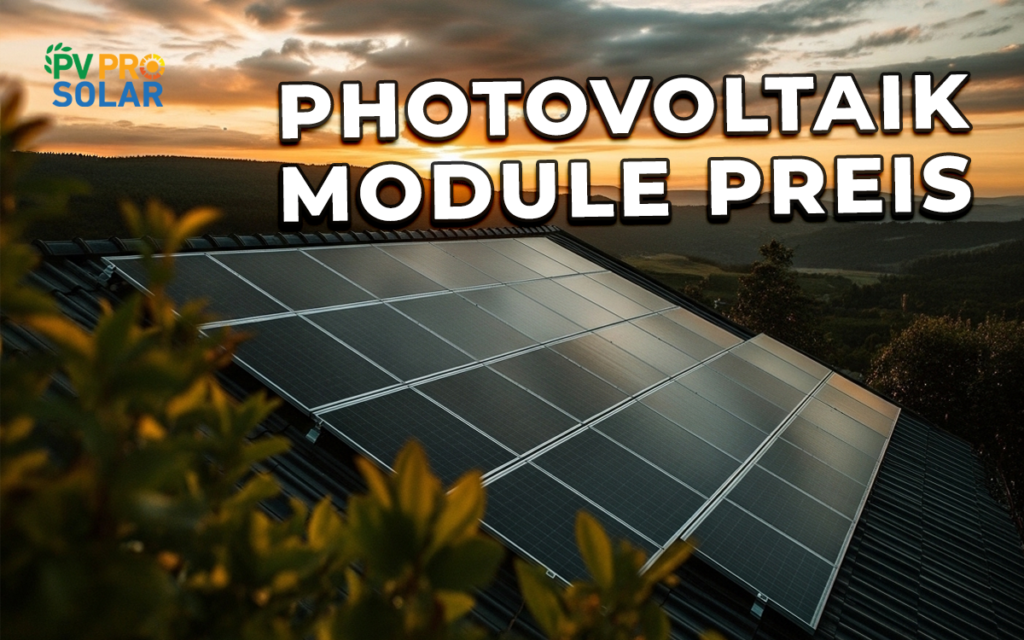Photovoltaic Modules 2025: The Best Investment for Hannover
In 2025, an increasing number of businesses in Hannover are investing in photovoltaic (PV) modules to reduce energy costs, meet sustainability targets, and comply with regulatory requirements. Whether it’s industrial rooftops or logistics centers, modern PV systems with high-performance modules and inverters provide stable energy – independent of fluctuating electricity prices.
Investing in tailored photovoltaic solutions boosts operational efficiency, enhances resilience, and gives companies a clear competitive edge.
What Exactly Is a Photovoltaic Module?
Photovoltaic modules – also commonly referred to as solar panels or PV panels – convert sunlight directly into electrical energy. This process is made possible through solar cells made of semiconductor materials, typically silicon. Monocrystalline, as well as polycrystalline, half-cell, and heterojunction technologies, currently offer the highest efficiency.
Designed for long-term energy generation, these modules undergo rigorous durability testing. When combined with the right electrical infrastructure – including inverters, battery storage, DC wiring, and modern accessories – a professional photovoltaic system can fully or partially cover a building’s energy demand.
Key Components of a Photovoltaic Module:
-
Solar Cells: Available in monocrystalline or polycrystalline forms – critical to determining efficiency.
-
Protective Glass: Shields the delicate cells from environmental factors.
-
Encapsulant: Ensures electrical insulation and long-term performance.
-
Backsheet: Provides mechanical protection and electrical insulation.
-
Aluminum Frame: Adds structural stability and facilitates easy installation.
Together, these components create a sustainable, low-maintenance energy solution – ideal for rooftops, open areas, industrial buildings, or even mobile homes. Depending on your needs, you can choose single modules, pallet quantities, or full-scale project modules.
Through its Hannover project and many others, PVProSolar has demonstrated how high-quality components can significantly improve the reliability of a solar installation.
Why Is Hannover a Solar Hotspot?
1. Attractive Returns Through Local Incentive Programs
In Hannover, both regional and national support programs make it easier to adopt energy-efficient products – including subsidies for high-quality PV modules and components. This allows for economically viable implementation, even for large surface areas or varying site conditions.
2. Lower Operating Costs & Improved Energy Efficiency
Thanks to modern, high-voltage modules, most companies reach profitability within just a few years. Particularly in the renewable energy sector, stable prices and storage options are key. With intelligent monitoring systems and optimized technology, performance can be maximized across various surfaces (e.g., gravel roofs, lightweight halls, etc.).
3. Advantage in Regulatory Compliance & CSR Goals
A well-planned PV system – for example, with a full-black design for architecturally demanding buildings – not only meets legal requirements but also enhances your brand image. Investing today sends a strong message: for climate protection, efficiency, and innovation.
Which Modules Are Right for Your Business?
Not every PV module is suitable for every operation. PVProSolar helps identify the optimal module type – based on energy demand, available roof space, expected output, DC requirements, and budget.
Overview of Module Types:
-
Monocrystalline Modules: High efficiency and sleek appearance – ideal for limited roof space. These modules offer excellent power output per watt and are particularly suited for high-performance projects.
-
Polycrystalline Modules: More cost-effective, with slightly lower efficiency – suitable for large rooftops where multiple durable PV systems can be installed.
-
Bifacial Modules: Capture sunlight from both sides – ideal for reflective surfaces such as gravel or white roofs. This technology can significantly increase your system’s performance, especially in professionally designed setups.
Modern thin-film and flexible modules for mobile homes or specialized industrial uses are also gaining popularity. PVProSolar offers access to a wide range of solutions built with premium materials like tempered glass and durable frames.
Why Choose PVProSolar?
With in-depth knowledge of regional regulations, climate conditions, and technical requirements, PVProSolar provides comprehensive B2B solar and photovoltaic solutions, including:
-
On-Site Energy Analyses: Evaluation of system size, energy yield in kWp, return potential, and overall feasibility.
-
Custom Planning: Tailored PV system design based on your building architecture and power needs – including comparison of different panel options.
-
Turnkey Execution: From permitting to commissioning – all-in-one service with high-efficiency, long-lasting solar modules.
-
Monitoring & Maintenance: Ensures DC stability and long-term system performance.
What Other Benefits Does Solar Offer?
Beyond economic advantages, solar power also provides soft success factors:
-
Energy Independence: Maintain operational security during power outages or grid shortages with your own solar energy system.
-
Brand Positioning: Demonstrate environmental responsibility with sustainable solar projects – to customers, partners, and the public.
-
Employee Engagement: A workplace powered by solar modules can positively influence staff motivation and sense of connection to the company.
How to Start Your Solar Project?
As an experienced provider of photovoltaic solutions in Hannover, PVProSolar supports you from the first consultation to turnkey delivery – and beyond. With customized systems, local expertise, and long-lasting, high-quality glass modules, we turn solar energy into real business success.
Request your consultation today at PVProSolar GmbH – discover your solar potential in Hannover and see how the best photovoltaic systems and solar modules can help you shape your energy future.
Typically 25 to 30 years – with only minimal performance degradation over time.
No, maintenance is minimal – occasional cleaning and basic system checks are usually sufficient. How long do photovoltaic modules last?
Do photovoltaic modules require much maintenance?
